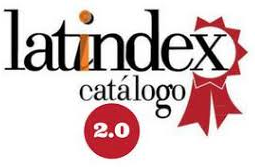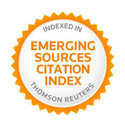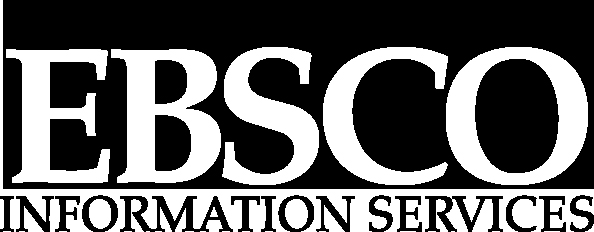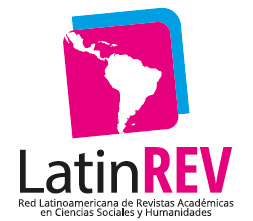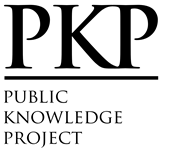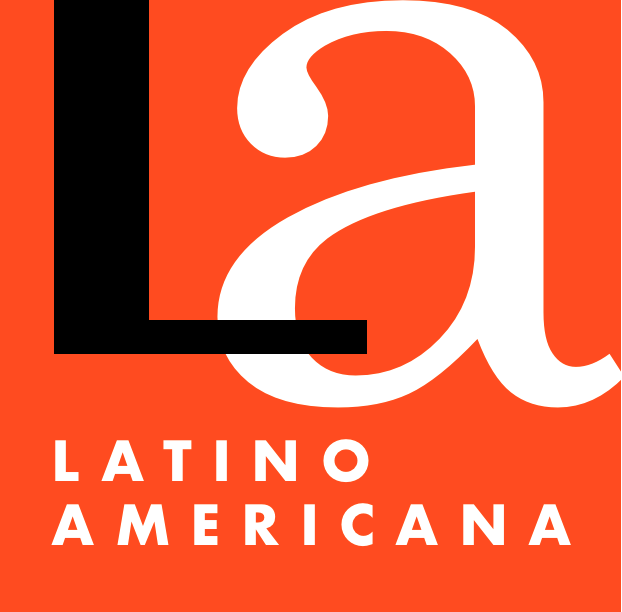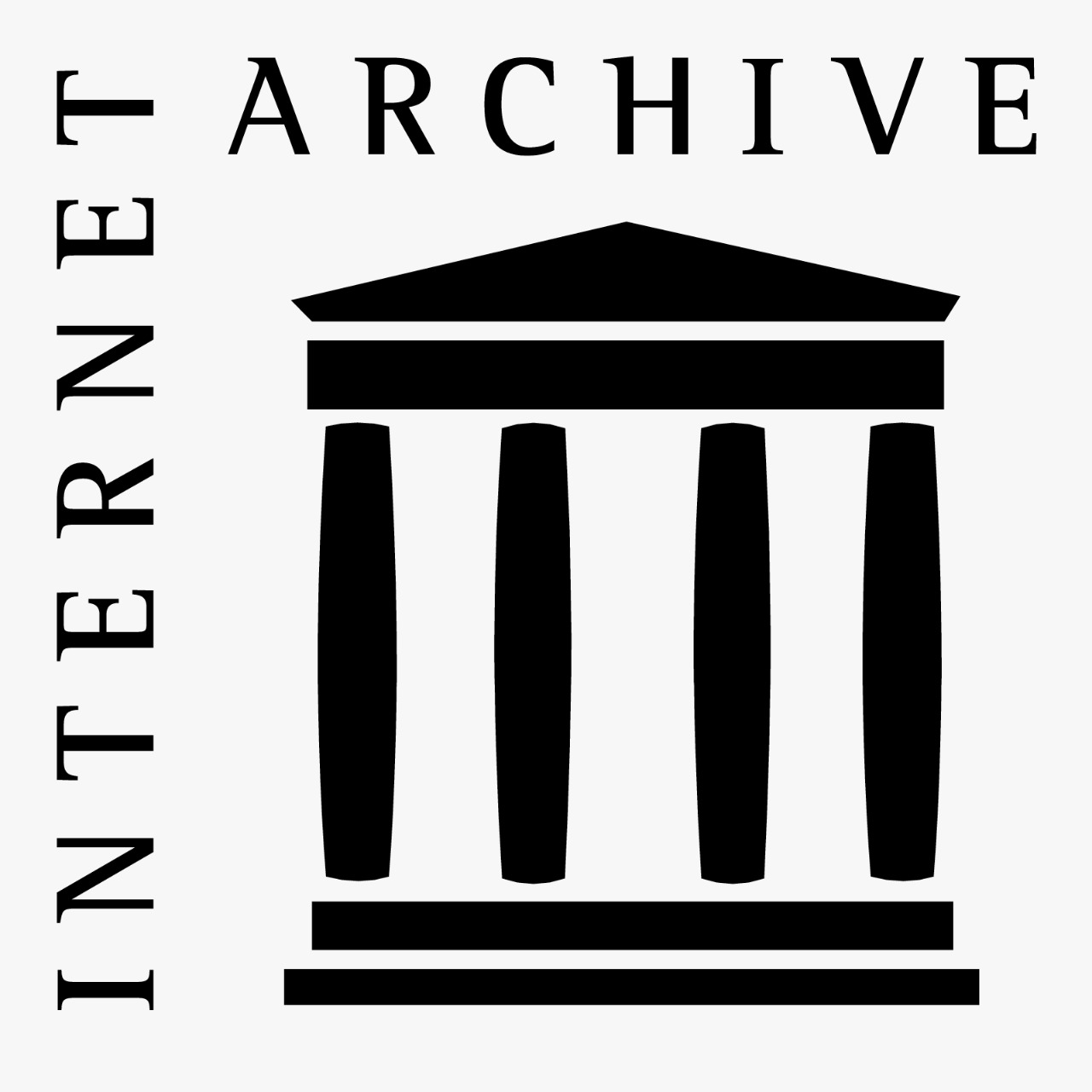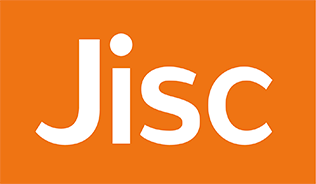The narration of political spectacle
Considering the relationship between the media system and political power
Abstract
Within the field of communication, different theoretical currents enrich the debate regarding the junctures between the media system and the political arena. Various investigators have studied the mutual influence between political and media agendas, as well as the traces that this interaction leaves on news texts. Nowadays, defining media as a “political actor” seems like a truism. Nevertheless, the debate about its role in the political system has not been closed. And neither has the problematization of its condition as a “political actor”. In this context, a bibliographical revision is proposed, which allows one to reflect on the active participation of communication media in the political field. Concretely, the objective of this paper is, on the one hand, to systematize theoretical contributions to the media-politics interaction, and on the other, to inquire into the shape adopted by this tense relationship in the press coverage of public interest topics, paying special attention to the narration of news as spectacle.
Downloads
References
Amadeo, B. (1999). La aplicación de la teoría del framing a la cobertura de la corrupción política en Argentina (1991-1996) [tesis doctoral]. Universidad de Navarra, Facultad de Comunicación, Pamplona, España.
Arrueta, C. (2010). ¿Qué realidad construyen los diarios? Buenos Aires: La Crujía. Aruguete, N. (2011). The relationship between media and news sources: a content analysis of Argentine telephone service privatization in August to October 1990. Journal of Media and Communication Studies, 3 (9), p. 272-280.
Aruguete, N. (2012). Teorías de la opinión pública y de construcción de agendas. Buenos Aires: Universidad Nacional de Quilmes.
Aruguete, N. & Amadeo, B. (2012). Encuadrando el delito: pánico moral en los periódicos Argentinos. América Latina Hoy, 62, p. 177-196.
Aruguete, N. & Zunino, E. (2013). Diario Clarín y sus fuentes de información: un estudio de caso. Íconos, 46, p. 15-31.
Bartels, L. M. (1996). Politicians and the press: who leads, who follows? Paper prepared for APSA 1996, San Francisco, CA.
Baumgartner, F.; Bryan, D. & Leech. B. (1997). Media attention and congressional agendas. En: Iyengar, S. & Reeves, R. (eds.). Do the media govern?: politicians, voters, and reporters in America (p. 349-363). Thousand Oaks: Sage Publications.
Becerra, M. (2011). La inmaculada concepción de los medios latinoamericanos en crisis. Herramienta, 47, p. 29-40.
Bennett, W. (2012). News: the politics of illusion. Nueva York: Longman.
Bennett, W. & Edelman, M. (1985). Toward a new political narrative. Journal of Communication, 35, p. 156-171.
Bigman, S. (1948). Rivals y conformity: a study of two competing dailies. Journalism Quarterly, 25, p. 127-131.
Castells, M. (2008). Comunicación, poder y contrapoder en la sociedad red: I. Los medios y la política. Telos, 74, p. 13-24.
Cobb, R. & Elder, T. (1971). The politics of agenda-building: an alternative perspective for modern democratic theory. Journal of Politics, 33, p. 892-915.
Cohen, B. (1963). The press and foreign policy. Nueva York: Princenton University Press.
Donohue, T. & Glasser, T. (1978). Homogeneity in coverage of Connecticut newspaper. Journalism Quarterly, 55, p. 592-596.
Edelman, M. (1991). La construcción del espectáculo político. Buenos Aires: Manantial.
Eilders, C. (1997). The impact of editorial content on the political agenda in Germany: theoretical assumptions and open questions regarding a neglected subject in mass communication research. Veröffentlichungsreihe der Abteilung Öffentlichkeit und Soziale Bewegungen des orschungsschwerpunkts Sozialer Wandel, Institutionen und Vermittlungsprozesse des Wissenschaftszentrums Berlin für Sozialforschung, p. 1-26. Disponible en internet http://www.econstor.eu/bitstream/10419/49825/1/246100885.pdf
Eilders, C. (2000). Media as political actors?: issue focusing and selective emphasis in the German quality press. German Politics, 9 (3), p. 181-206.
Entman, R. (1993). Framing: toward a clarification of a fractured paradigm. Journal of Communication, 43 (3), p. 51-58.
Heider, F. (1930). Die Leistung des Wahnehmungssystems [The system of human perception]. Zeitschrift für Psychologie, 114, p. 371-394.
Heider, F. (1958). The psychology of interpersonal relations. Nueva York: Wiley.
Heider, F. (1978). Über balance und attribution [About balance and attribution]. En: Görlitz, D., Meyer, W. U. & Weiner, B. (eds.). Bielefelder Symposium über Attribution (p. 19-28). Stuttgart: Klett.
Herman, E. (1993). The media’s role in U.S. foreign policy. Journal of International Affairs, 47 (1), p. 23-46.
Iyengar, S. & Kinder, D. (1987). News that matters: agenda setting and priming in a television age. Chicago: University of Chicago Press.
Kircher, M. (2005). La prensa escrita, actor social y político, espacio de producción cultural y fuente de información histórica. Revista de Historia. Neuquén: Universidad Nacional del Comahue, 10, p. 115-122.
Lang, G. & Lang, K. (1981). Watergate: an exploration of the agenda-building process. Mass Communication Review Yearbook, 2, p. 447-468.
Livingston, S. (1997). “Beyond the “CNN-effect”: the media-foreign policy dynamic”. En: Norris, P. (ed.). Politics and the press: the news media and their influences (p. 291-314). Boulder, CO: Lynne Rienner.
Mazzoleni, G. & Schulz, W. (1999). “Mediatization” of politics: a challenge for democracy? Political Communication, 16 (3), p. 247-61.
McCombs, M. (1996). La comunicación de masas en las campañas políticas: información, gratificación y persuasión. En: Moragas, M. de (ed.). Sociología de la comunicación de masas: estructura, funciones y efectos (p. 95-121). Barcelona: Gustavo Gili.
Mermin, J. (1997). Television news and the American intervention in Somalia: the myth of a mediadriven foreign policy. Political Science Quarterly, 112, p. 385-404.
Paletz, D. & Entman, R. (1981). Media power politics. New York: Free Press.
Pritchard, D. (1992). “The news media and public policy agendas”. En: Kennamer, D. (ed.). Public opinion, the press and public policy (p. 103-112). Westport, CT: Praeger.
Reese, S. (2001). “Framing public life: a bridging model for media research”. En: Reese, S., Gandy, O. & Grant, A. (eds.). Framing public life: perspectives on media and our understanding of the social world (p. 7-31). Mahwah, NJ: Lawrence Erlbaum Associates.
Reese, S. & Danielian, L. (1989). “Intermedia influence and the drug issue: converging on cocaine”. En: Shoemaker, P. (ed.). Communication campaigns about drugs (p. 29-46). Hillsdale, NJ: Lawrence Erlbaum.
Rey Lennon, F. (1998). Argentina: elecciones 1997: los diarios nacionales y la campaña electoral. Buenos Aires: Freedom Forum; Universidad Austral.
Riffe, D. & Shaw, E. (1982). Conflict and consonance: converage of third world in two US papers. Journalism Quarterly, 59, p. 484-488.
Soroka, S.; Farnsworth, S.; Lawlor, A. & Young, L. (2012). “Mass media and policymaking”. En: Araral, E., Fritzen, S., Howlett, M. Ramesh, M. & Wu, X. (eds.). Routledge handbook of public policy. New York: Routledge.
Trumbo, C. (1996). Constructing climate change: claims and frames in US news coverage of an environmental issue. Public Understanding of Science, 5, p. 269-283.
Tuchman, G. (1983). La producción de la noticia: estudio sobre la construcción de la realidad. México, D.F.: Ediciones Gustavo Gili.
Tuchman, G. (1999). La objetividad como ritual estratégico: un análisis de las nociones de objetividad de los periodistas. CIC: Cuadernos de Información y Comunicación, 4, p. 199-218. Disponible en internet http://revistas.ucm.es/index.php/CIYC/article/view/CIYC9899110199A/7407
Uranga, W. (2011). Entrecruzados: poder, política y comunicación. Herramienta, 15 (47), p. 41-50.
Waisbord, S. (2013). Cambios y continuidades: la agenda de investigación de la comunicación política en América Latina. Austral Comunicación, 2 (1), p. 105-131.
Walgrave, S.; Soroka, S. & Nuytemans, M. (2007). The mass media’s political agenda-setting power: a longitudinal analysis of media, parliament, and government in Belgium (1993 to 2000). Comparative Political Studies, 41 (6), p. 814-836.
Wolf, M. (1991). La investigación de la comunicación de masas. Buenos Aires: Paidós.
Copyright (c) 2013 Natalia Aruguete

This work is licensed under a Creative Commons Attribution-NonCommercial 4.0 International License.
The authors retain the copyright and guarantee the journal the right to be the first publication of the work. In case that a translation of the article already published in Austral Comunicación can be published in another journal, it is requested to record the original publication in the translated version.
The license used is CC BY-NC-SA, which allows sharing (copying and redistributing the material in any medium and format) and adapting (remixing, transforming and building on the material) under the following terms: attribution (acknowledge authorship) and non-commercial (the material cannot be used for commercial purposes). Update: February 1, 2022.
Austral Comunicación allows the author (s) to retain the publication rights without restrictions.








